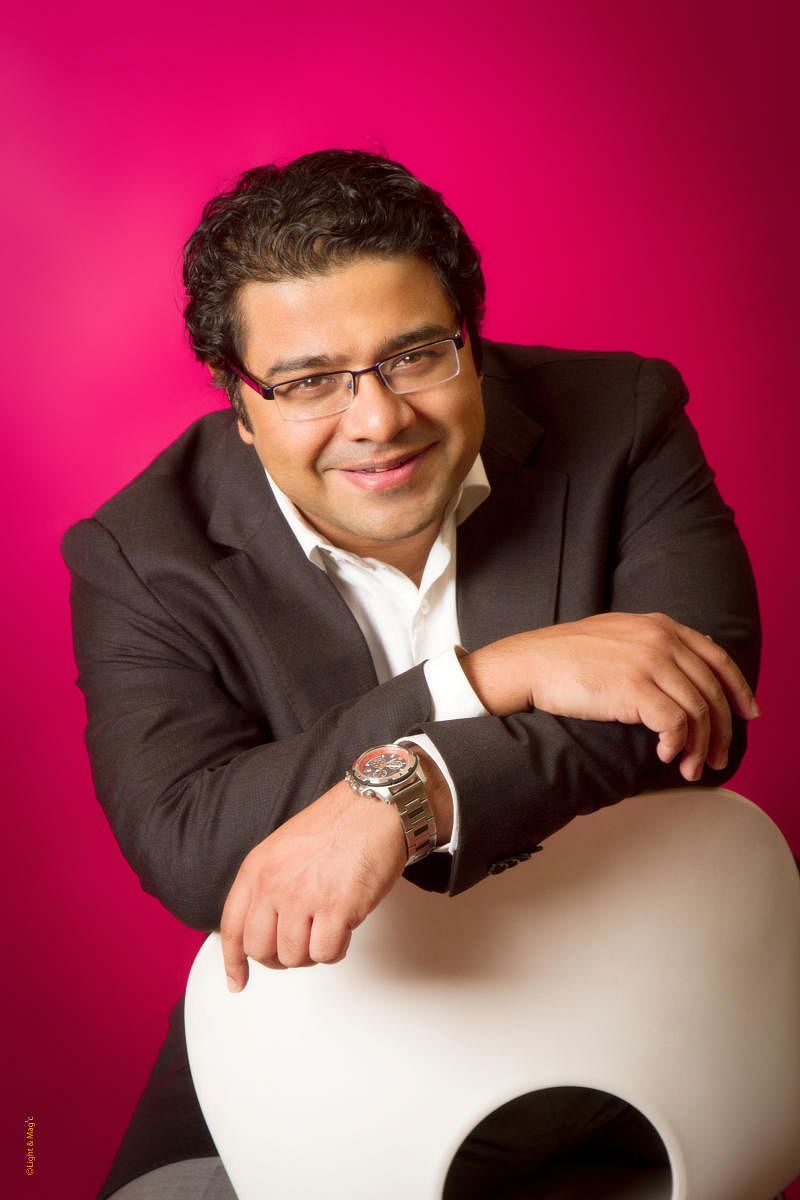
Imagine a crowded, bustling market for refurbished phones anywhere in India. For the uninitiated, you’ll find such markets at Palika Bazar, Abids, Chandni Market, S P Road Lamington Road or even perhaps near your office alley.
However, such markets come with their own issues, especially in terms of quality. This was the pain point that resulted in the launch of HyperXchange (HX), an online platform that aims at offering a solution to these issues. It was launched in February 2016. The company was bootstrapped till 2018 when they raised an Angel round for an undisclosed sum with some leading Indian family offices. As part of that round, Tech Mahindra CEO CP Gurnani invested in the startup and joined the board.
What is it?
HX FARADAY claims to be the world’s first automated sales platform, powered by the HX proprietary edge commerce protocol – AGAIN. It is an automated kiosk for buying back or exchanging old products from customers and selling them new ones.
HX is backed by Microsoft and IIM Calcutta. “We were inspired by the trends in the US refurbished market, which was growing rapidly. However, that was not the case in India, where consumers were still going to the unstructured retail options (locations such as Gaffar Market, Fancy Market, Lamington Road, Abids and so on). We wanted to play as a “disruptor in the disrupted market”, bringing in a sense of logic and trust to an unorganised and fragmented market,” said Dipanjan Purkayastha, co-founder and CEO.
The market for electronics (mobiles, laptops, headphones, speakers, televisions and accessories), the ‘refurbished market’ is $25 billion opportunity globally. India is the fastest-growing market in this space, making 40% of global revenue, expanding by 25% CAGR, according to analysts tracking the sector.
What do they do?
“Choices in the mid-market with second-hand devices create an attractive offering for customers with smaller budgets and shorter usage cycles. We see this as a huge opportunity and within three years, HX has already established itself on top,” says Purkayastha, who co-founded the startup with Asish Chakraborty (Chief Teachnology Officer), Dwijadas Chatterjee (Chief Financial Officer), Satanik Roy (Chief Product Officer).
As the company is building an omnichannel network, it is banking on an off-beat business model to help penetrate the markets. “Our primary differentiator is through running our business model with edge commerce – we sell online with offline benefits and vice-versa. Our B2B product, Faraday is an automated kiosk for buying back or exchanging old products from customers and selling them new ones,” Purkayastha says.
The company’s omnichannel network consists of online e-commerce through the HX’s website (www.hxkart.com) and app (HyperXchange), online third-party marketplaces, offline HX franchisee stores, campus kiosks and shop-in-shops, offline super-distributors, and regional retail networks. The company says that it sells 3,000 to 5,000 products to customers through the O2O networks every month, and 20,000 to 30,000 products in the B2B space. Going forward, the company intends to sell 50,000 to 100,000 phones across multiple segments in India per month, which would cater to the wide net of consumer demand.
The company has segmented its offerings across three clear categories: New Branded Phones – offering customers to unbox new premium branded phones, Again (as good as new) – refurbished phones for select brands and Xpress, for instant budget-buy HX Faraday, tested and refreshed phones.